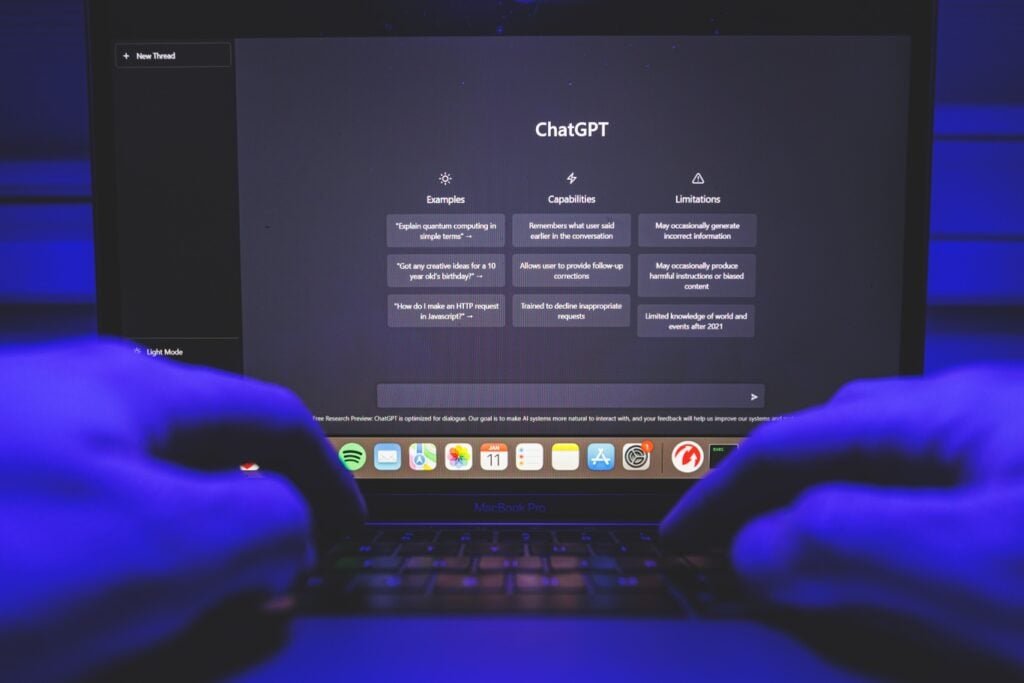In a legal move aimed at protecting the integrity of its search product, Google has filed a lawsuit against Ethan Hu, whom they accuse of orchestrating an intricate scheme to overload Google’s search results with fake businesses and reviews.
The complaint alleges that Hu and his 20 unidentified co-defendants manipulated Google’s platform to create fictitious online listings and bolstered them with fraudulent reviews.
According to Google, the defendants manufactured more than 350 counterfeit business profiles over the past two years and generated a staggering 14,000 phoney reviews. While Google has provisions in place for business owners to create legitimate listings, the accused individuals went to great lengths to deceive the system. They impersonated business owners during verification calls, employing props and elaborate setups to make their fictitious listings appear genuine.
Some evidence that Google filed in its complaint includes an alleged image of Ethan Hu participating in a call where he claimed association with a non-existent chiropractor, Wilmington Chiro Health.

The defendants reportedly utilised tools, such as a tool bench and massage chair, during verification calls to further misled Google employees into confirming the existence of fake businesses, including Western Los Angeles Garage Door Repair and an aromatherapy and reiki enterprise, reported The Verge.
The tech giant further asserts that Hu advertised these fraudulent listings for rent or sale on Facebook pages, where potential buyers were lured into paying $1,000 for access to a fabricated plumbing listing in Monterey, California. Callers seeing a plumber would unwittingly be redirected to a legitimate plumbing business, thereby deceiving both consumers and the business itself.
In response to the alleged scam, Google is seeking damages and permanently banning Hu and his associates from advertising or selling fake verification services. The lawsuit arrives amidst Google’s efforts to combat emerging competition from Ai-assisted search services like Bing and ChatGPT and the potential influx of low-quality AI-generated search results.
In the News: US Department of Energy named as latest MOVEit victim






